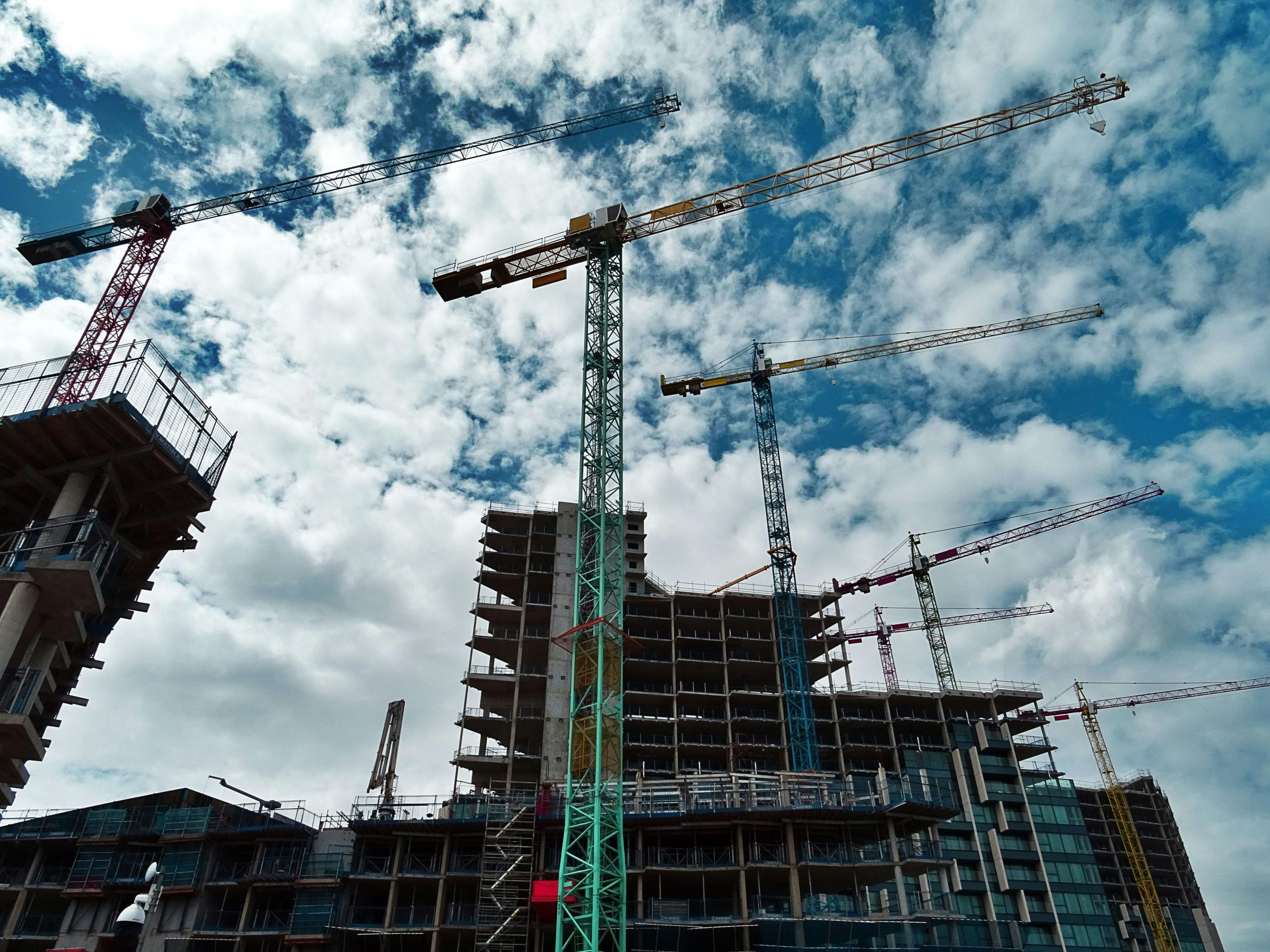Understanding the Role of a New York Construction Manager
The role of a New York Construction Manager is critical in the fast-paced and ever-evolving landscape of urban development. The bustling city of New York, with its iconic skyline and diverse neighborhoods, presents unique challenges and opportunities for construction managers. As the interface between various stakeholders including clients, contractors, and regulatory bodies, the construction manager holds significant responsibilities that can dictate the success of a project.
Key Responsibilities of a New York Construction Manager
A New York Construction Manager wears many hats, responsible for overseeing almost every aspect of the construction project. This includes:
- Project Planning: Constructing a detailed project plan, including timelines, budgets, and resource allocation.
- Team Coordination: Leading a team of subcontractors, laborers, and suppliers to ensure efficient workflow.
- Budget Management: Keeping project expenses within allocated budgets while identifying opportunities for cost savings.
- Quality Control: Ensuring that work aligns with building codes and quality standards.
- Scheduling: Developing and managing schedules that meet project deadlines.
- Problem Solving: Addressing unforeseen issues and making decisions that keep the project on track.
The Skills Required for Success
To excel in this role, a New York Construction Manager must possess a blend of technical and interpersonal skills:
- Leadership: Guiding teams and inspiring them toward common goals.
- Communication: Effectively relaying information to various stakeholders including clients, workers, and vendors.
- Negotiation: Navigating contracts with subcontractors and suppliers to achieve favorable terms.
- Technical Proficiency: Knowledge of construction methods, building codes, and project management tools.
- Time Management: Balancing multiple responsibilities and priorities simultaneously.
Trends Affecting Construction Management in New York
The construction industry in New York is influenced by various trends that can have far-reaching effects. Key trends include:
- Technological Advancements: The adoption of new construction technologies such as Building Information Modeling (BIM) and drones has transformed project management.
- Sustainability Initiatives: Eco-friendly construction practices are increasingly being integrated, driven by regulatory measures and rising consumer expectations.
- Urbanization: As New York continues to grow, there is a heightened demand for infrastructure and housing projects, pushing construction managers to adapt rapidly.
Challenges Faced by New York Construction Managers
Managing Project Budgets
Budget management is a perennial challenge for New York Construction Managers. Factors such as fluctuating material costs and unforeseen project delays can strain budgets significantly. A rigorous cost control process is essential, along with contingency planning to anticipate potential overruns.
Overcoming Regulatory Hurdles
New York is known for its complex regulatory environment, which includes zoning laws, building permits, and safety codes. Navigating these regulations requires a thorough understanding of local laws and the ability to collaborate with governmental agencies to avoid delays and penalties.
Addressing Labor Shortages
The construction sector in New York faces a shortage of skilled labor, compounded by an aging workforce and limited training programs. Construction managers must actively engage in workforce development initiatives to attract and retain talent, which may involve mentorship programs and partnerships with educational institutions.
Best Practices for New York Construction Managers
Effective Communication with Stakeholders
Transparent communication with all stakeholders—clients, contractors, and suppliers—is critical. Regular updates, meetings, and feedback loops can enhance collaboration and minimize misunderstandings, ultimately leading to greater project success.
Implementing Technology in Project Management
The integration of technology such as project management software, mobile apps, and project tracking tools can streamline operations, improve documentation, and enable real-time collaboration among teams. Construction managers should continually seek out the latest tools that can enhance their efficiency.
Safety Protocols and Compliance
Ensuring the safety of workers and compliance with OSHA regulations is non-negotiable. Construction managers must conduct regular safety audits, provide training, and foster a culture of safety to minimize accidents and build a positive workplace environment.
Case Studies of Successful Projects in New York
High-Rise Developments
High-rise buildings are iconic in New York, and managing their complex operations requires precision and thorough planning. Successful high-rise projects often highlight the importance of coordination among various teams to ensure structural integrity and adherence to design specifications.
Infrastructure Improvements
Infrastructure improvements, such as transportation upgrades, require strategic thinking and collaboration. An example of successful management in this area is the implementation of a new transit hub, showcasing the ability to meet extensive regulatory requirements while delivering on community needs.
Residential Complexes
The construction of residential complexes involves understanding community dynamics and market needs. Successful managers engage local communities early in the planning process to gather input and ensure the projects align with residents’ needs and urban policies.
The Future of Construction Management in New York
Innovations in Construction Technology
The future of construction management is likely to see significant innovations in technology. The use of artificial intelligence for project predictions and augmented reality for visualization are becoming more prevalent, setting the stage for more efficient project execution and stakeholder engagement.
Sustainability Goals in Urban Planning
With an increasing emphasis on sustainability, construction managers will need to focus on sustainable building practices. Integrating green technologies and materials into projects not only meets regulatory standards but also appeals to environmentally conscious clients.
Growth Opportunities for New York Construction Managers
As New York continues to evolve, new growth opportunities will arise in areas such as smart city initiatives, renovation of existing structures, and the revitalization of underserved neighborhoods. Construction managers who can navigate these opportunities effectively will find themselves at the forefront of urban development.















Leave a Reply